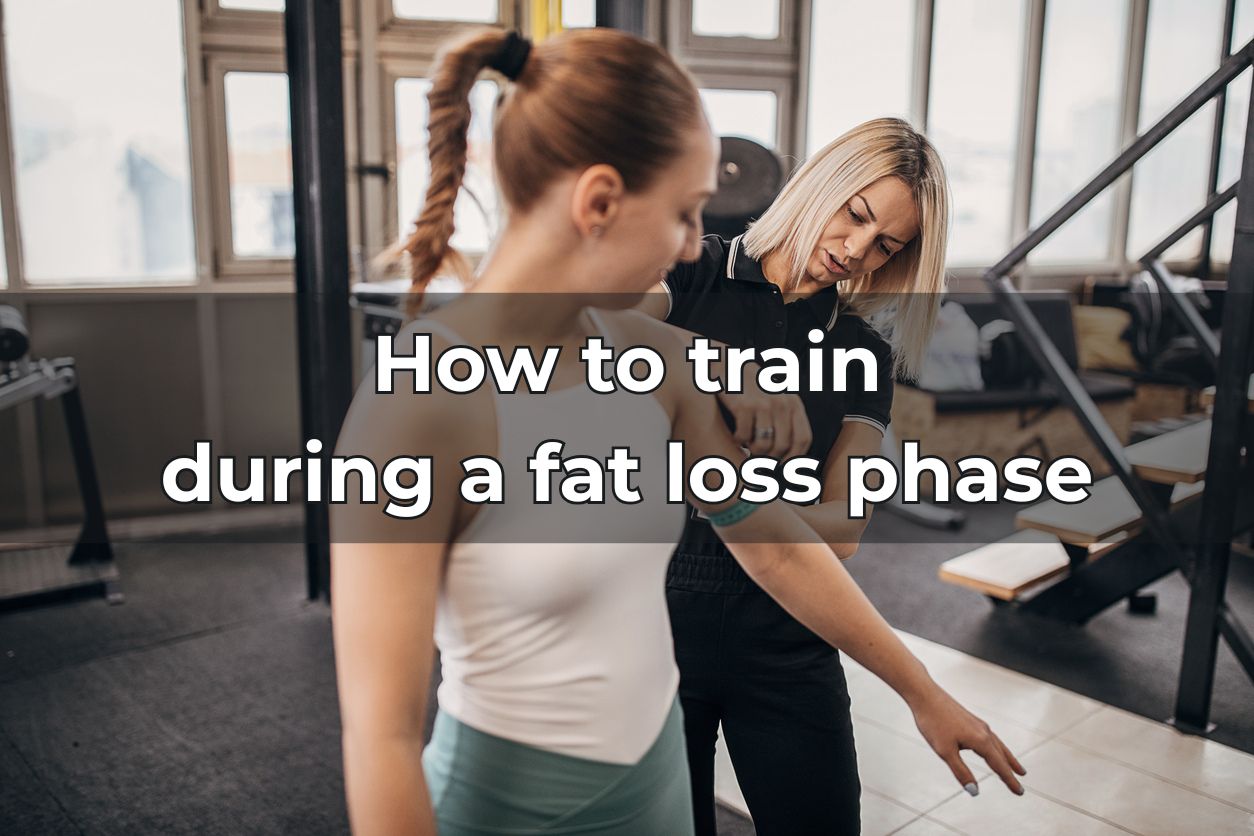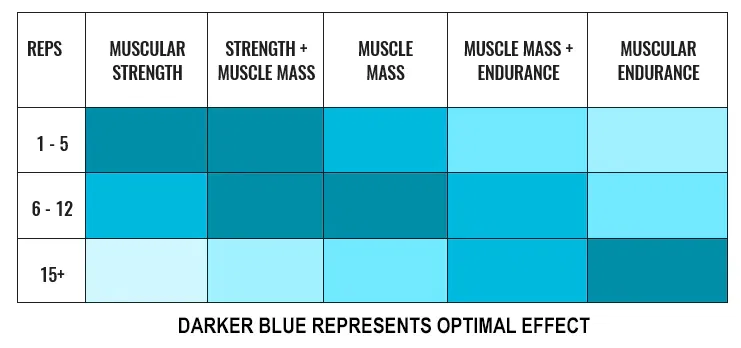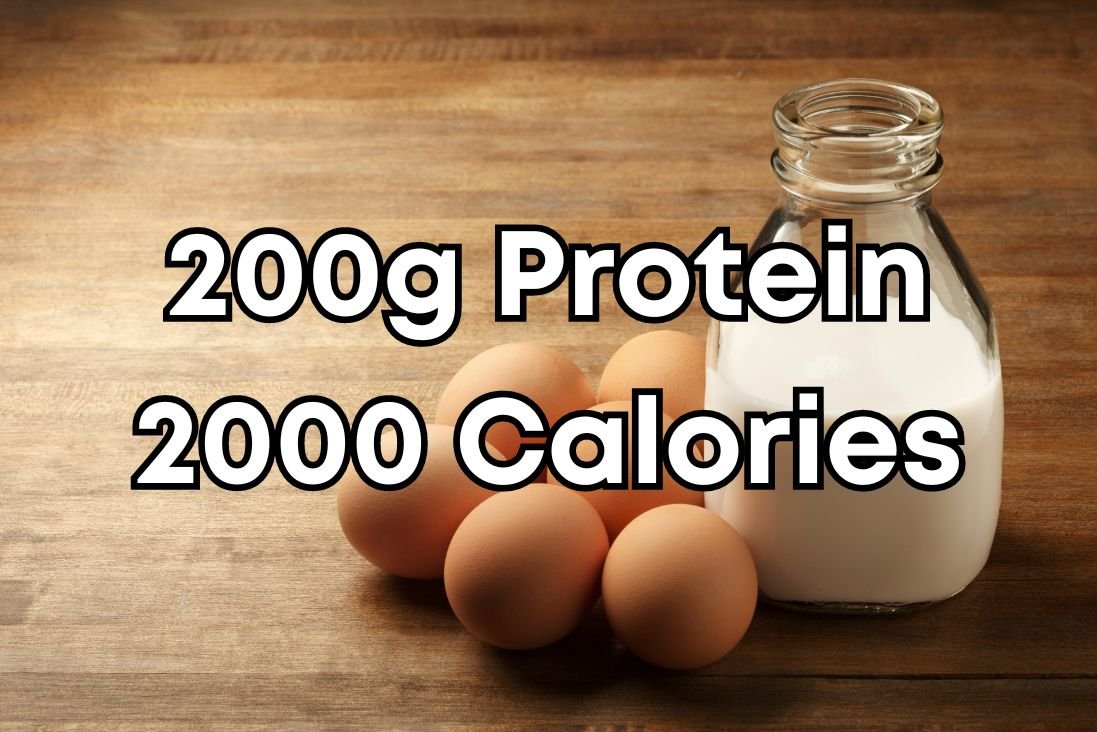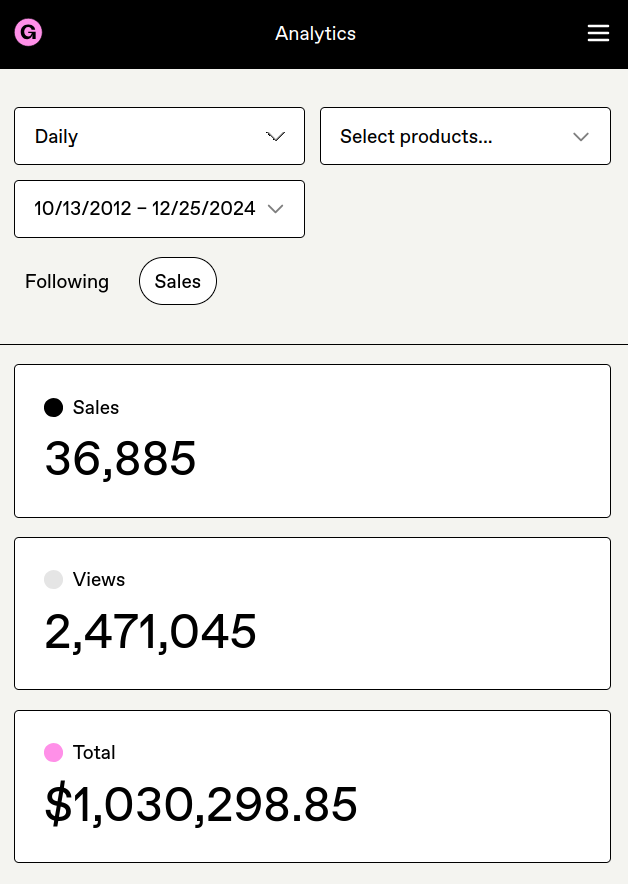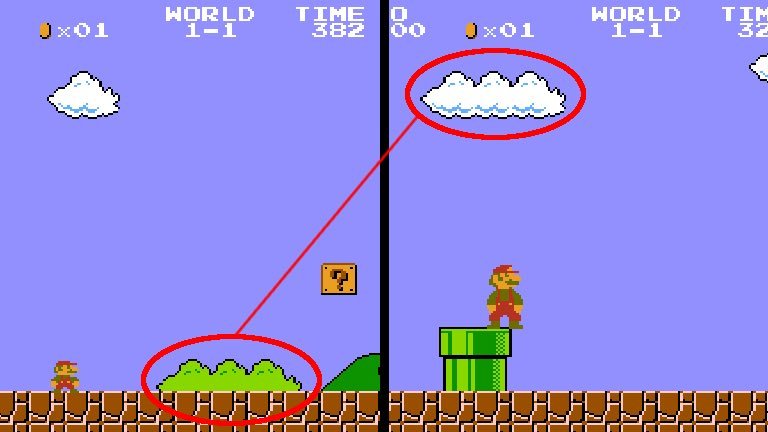If you want to build muscle, you have to get 3 things right: Training, Nutrition, and Recovery.
I’ve covered training splits and provided sample hypertrophy programs in the past, and in this series I will cover nutrition for building muscle.
When it comes to nutrition for hypertrophy/building muscle, some things matter much more than others. If I had to make a rough hierarchy, it would look like this:
Hierarchy of Nutrition Priorities for Muscle Growth
First most important: Energy intake/calories.
You can get everything else right, but if there’s not enough calories in your diet you will not gain muscle.
There are exceptions like overweight beginners who can build muscle even in deep deficits, but for most people, you need sufficient energy/calorie intake to build muscle.
You have to be smart about it because if you eat too few calories, you gain no muscle, and if you eat too many, you put on fat really fast.
You want to find the sweet spot for your current body composition and goals and stick to it.
Second most important: Protein.
Even with plenty of calories, if the diet doesn’t have enough protein, you cannot build muscle (muscles are made of protein).
Protein provides the amino acids which are the building blocks of muscle. Your training stimulates muscle growth and your calorie intake provides energy for it, but without protein – the raw material for building muscle – no muscle can be built.
Third most important: Fat and carbohydrates.
Given a fixed amount of calories and protein, your fat and carb intake is inversely correlated. Eating more fats will mean you eat less carbs and vice versa.
Something all of you already know but just in case: 1 gram of fat has 9 calories, 1 gram of carbohydrate has 4 calories, 1 gram of protein has 4 calories, and 1 gram of alcohol has 7 calories.
You need a certain amount of fat (especially saturated fat) to maintain good hormone balance, and you need carbs to provide your body with the glycogen for good recovery and to support heavy training.
Fat quality also falls under this category. There is lately a lot of talk about reducing seed oils because they are inflammatory. That is good advice, however, you can minimize seed oils all you want but if you are eating too many calories, you will still get FAT.
So things like these are important, but they are lower on the hierarchy than what I talked about earlier.
Similar to fat quality, not all carbs are the same. Different carbohydrate sources have different glycemic indexes and loads (GI and GL) and trigger different amounts of insulin release (insulin is highly anabolic).
All of this will be covered in detail in this series of posts.
There are many anti-carb cults on the internet lately who will tell you that “carbs are non-essential” which is scientifically true (you don’t need carbs to survive) but it’s a lot like saying that the front wheel of a bicycle is non-essential and you can simply go everywhere riding a unicycle.
Sure… but why?
Fourth most important: Micronutrients (food quality).
The fourth most important item on the list is getting enough of all micronutrients. This is achieved by eating “a diet comprised of high quality foods”.
Now anyone in nutrition knows how controversial that term is because no one can seem to agree what high quality food means (eg. carnivores and vegans both eat entirely different foods while claiming theirs is healthy and the other will kill you).
Dietary cults aside, most reasonable people will agree that a food can be defined as high quality if it provides you with lots of micronutrients. So things like mung sprouts and vegetables would be higher quality than bread and chocolate.
Primarily, you want to make sure that you don’t end up creating a deficiency in something or the other because it can become the limiting factor in muscle growth (eg. Iron deficiency severely impairs muscle protein synthesis).
You will not notice these things in the short term but in the long term being deficient in micronutrients can significantly worsen your health and slow down muscle growth.
Fifth most important: Nutrient timing.
This involves managing when you eat what foods. For example, splitting your meals up provides much better muscle gain than eating one meal a day at 2 AM.
In general you should split your protein and fat intake across your day and keep your carbs around your workouts. Iron rich foods should not be consumed along with coffee, etc.
Calorie cycling, carb cycling, meal timings, slow and fast protein, fasting, etc. all fall in this category.
Sixth most important: Performance Supplements
I’m not talking about dietary supplements like multivitamins and whey protein here.
I mean things like pre-workouts, creatine, ashwagandha, turkesterone, etc. here. We can call these “performance supplements” because their goal is to help you lift harder or produce better results than you would get from a good natural diet alone.
Some of them are proven to be useful while others have very flimsy evidence behind them.
They are at the very bottom of the hierarchy list because you can easily get to your genetic limit without ever using any of these. That said, you can get there somewhat faster if you have them. So they are important, but less than everything else.
Why Start With The Hierarchy
There’s a lot of marketing around supplement products simply because taking a supplement involves zero work (actually that’s not strictly true – many people don’t even have the discipline to take their supplements regularly).
People are looking for hacks but remember that supplements that are not SARMs or anabolic steroids will give you maybe 5% extra results. The other stuff is far more important.
This is one of the reasons I put the hierarchy list in this article. People have this weird obsession with trying to improve the minutiae when their fundamentals are a mess. You gotta fix the big stuff first because that is what will give you the greatest results.
Worrying about nutrient timing and splitting your food into 5 meals when you’re eating only 50g protein per day is a pure waste of time. On the other hand, if you’re getting 150-200g protein per day in 1 meal, then splitting it up in 4-5 meals will provide you with additional results.
Fix the big stuff first before you fix the smaller stuff.
The Effort Reward Ratio
As with most things, the fundamentals are easy to correct and produce the most results. As with most things in life, the diminishing returns relationship between effort and rewards exists.
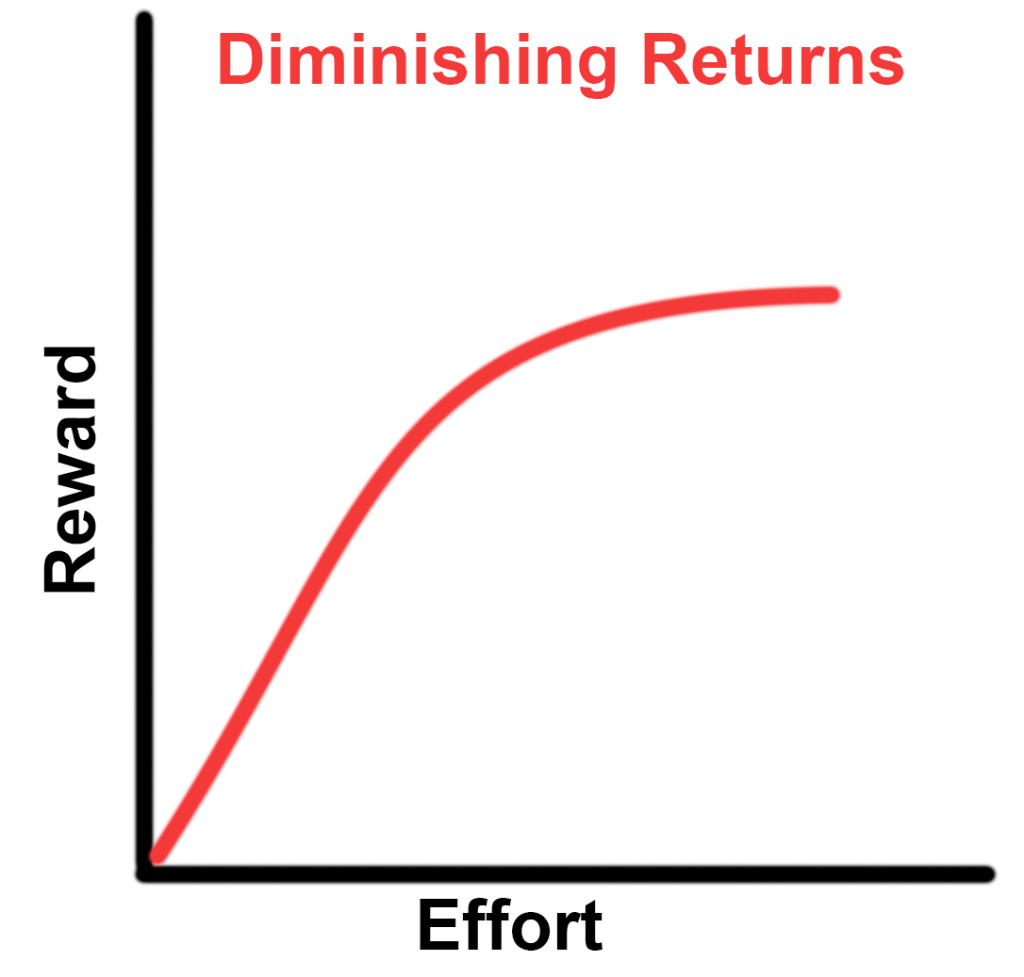
The final few percentage of the results takes a disproportionate amount of effort to get and is simply not worth it for someone who is not competing in bodybuilding or powerlifting where that extra 1% of return can mean the difference between winning and losing.
There is a genetic limit beyond which a natural lifter simply cannot gain muscle and most serious trainees will get there. Doing everything right can get you there in 4 years instead of 6 but if you’re serious and do the big stuff right with your training, nutrition, and recovery, you will eventually get there.
What I’m trying to get at is that there is an optimal that most normal people (i.e. non-competitors) can aim for.
Let me illustrate this with an example (the numbers are made up just for the example). We know splitting your food in multiple meals is better than eating it all at once.
Let’s say that 6 meals a day is most optimal. And 1 meal a day is very sub-optimal. If you eat only 1 meal a day, let’s say you only get 50% results. And if you eat 5 meals a day you get 100% of the results.
| Number of meals (effort) | What most people assume regarding results (linear relationship) | What it actually is (logarithmic relationship/asymptote) |
| 1 | 50% | 50% |
| 2 | 60% | 67% |
| 3 | 70% | 80% |
| 4 | 80% | 90% |
| 5 | 90% | 96% |
| 6 | 100% | ~100% |
As you can see from the chart which has numbers I made, the results after a certain point are very little compared to the amount of additional effort they take to attain.
Eating 4 meals is much easier to do than eating 6 evenly spaced meals a day. It takes half as much work and gets you 90% of the results. It is the sweet spot.
The same thing applies with the hierarchy as a whole.
Just fixing the calorie intake and protein will get you about 70% of the muscle gain.
Eating a diet comprised of high quality foods that give you the right amount and quality of fats and carbs and all the micronutrients in will bump that up to 85%.
Time your nutrition right and you can get to 95%.
Get the right supplements and you bring it to 100%.

The numbers are made up but you get the point. The biggest results come from the items that are higher in the hierarchy.
Just adding more calories and protein with a whey protein powder is much easier than splitting meals. You get outsized returns for the effort you put in.
On the other hand, if you eat 4 meals a day and you make it 6, the returns you get for the effort you put in is very little.
Such is life. You need to take all the easy low hanging fruit first and then find a sweet spot that works for you for the harder stuff.
In the next posts in this series I will elaborate on each of the items in the hierarchy and cover everything about them in detail.
– Harsh Strongman
| Title |
|---|










![Traits Women Find Attractive Traits Women Find Attractive (And How to Score Yourself) [PART 1: Physical Aspects]](https://lifemathmoney.b-cdn.net/wp-content/uploads/2025/11/Traits-Women-Find-Attractive-1.jpg)












